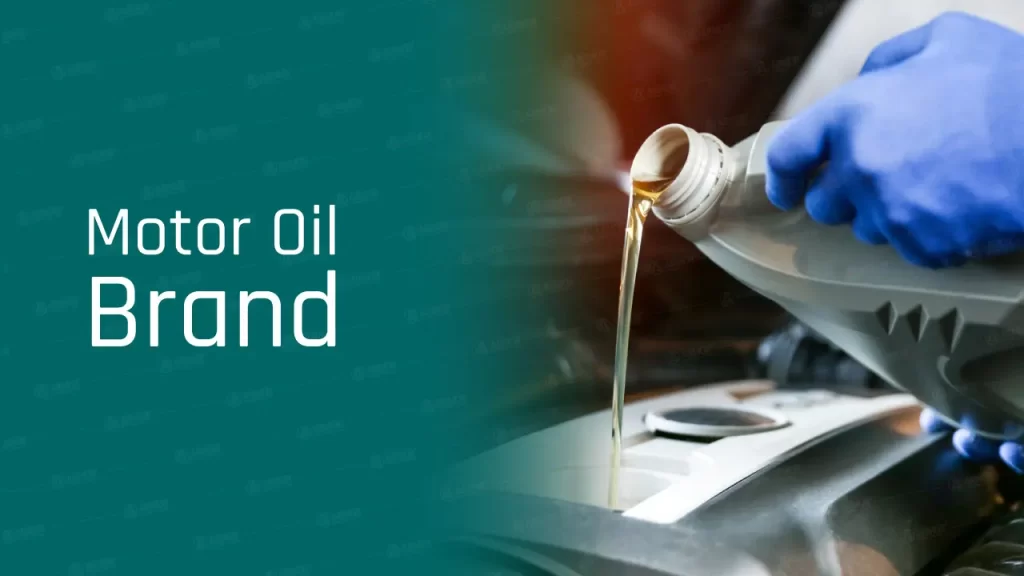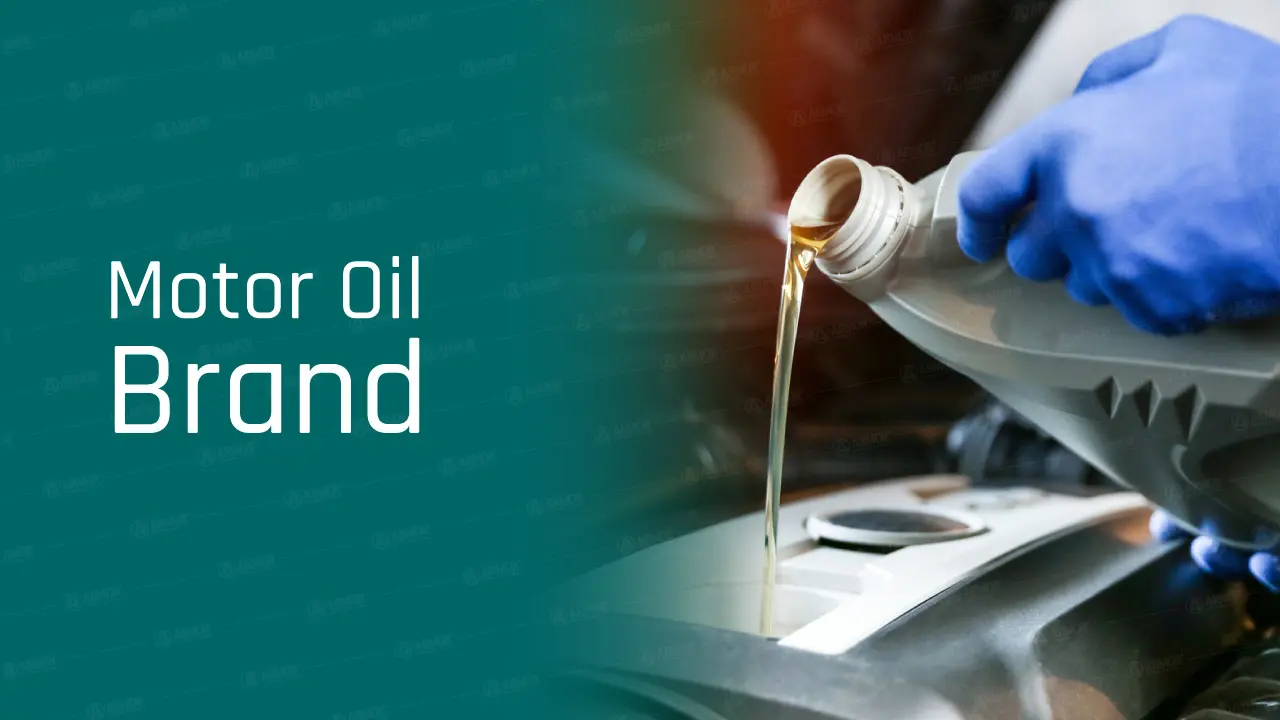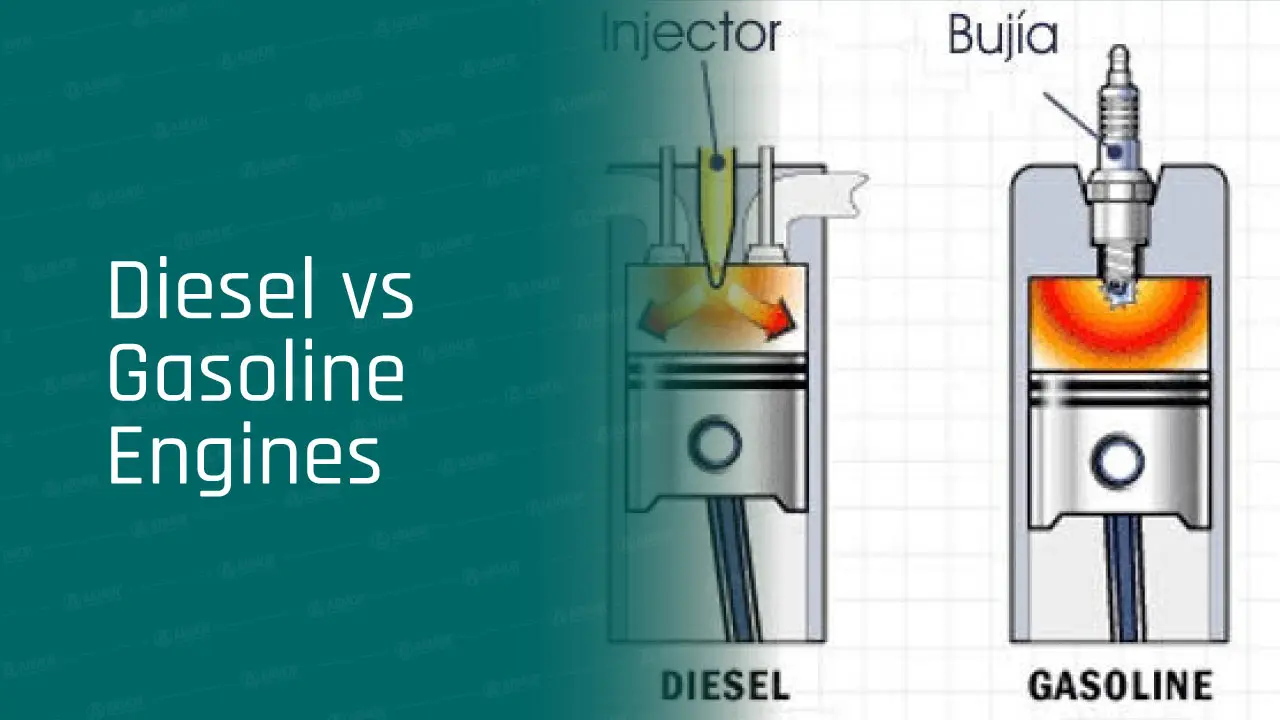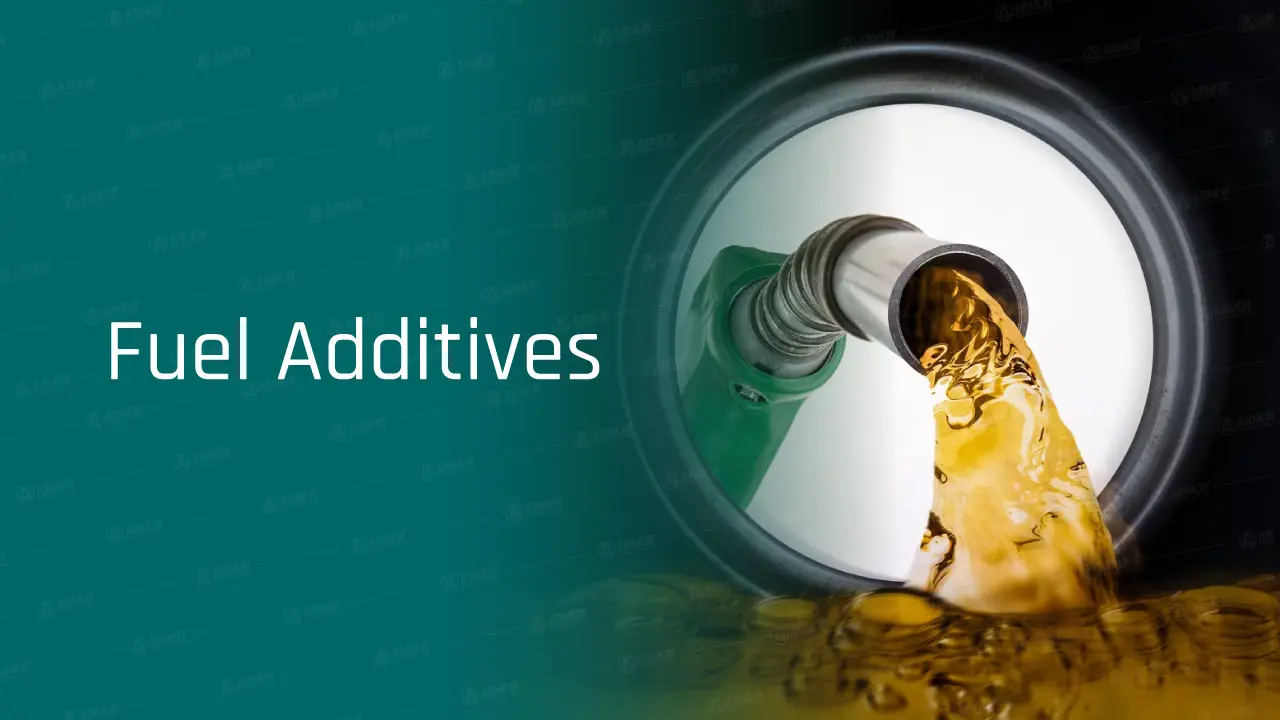- Armor Blog
- Consumer Education
- Does the Brands of Motor Oil Really Matter?

Yes, Brands of motor oil matter! But no more expensive are not always the best!
What is the Difference Between Motor Oil Brands?
Engine oil is just a blend of base oil and additives, so all brands are the same. If this is what you think, it is my duty to tell you how wroooong you are!
Engine oil may seem like a simple mixture, but the differences between brands are significant. Each manufacturer uses unique formulations of base oils and additive packages. You already know how there are three types of base oils but let me tell you there are more! a lot more
Quality of engine oil, and its performance are affected by the choice of raw materials, refining processes, and proprietary technologies. Two base oils from the base group could vary in properties because many factors like Molecular Structure Differences can influence how oil react in the engine.
Viscosity stability is another key difference. Premium brands invest in high-quality viscosity modifiers that maintain optimal oil flow in both cold starts and high-heat conditions. Lower-quality oils may break down faster, leading to sludge buildup, poor lubrication, and increased engine wear.
Certifications and approvals further separate top-tier brands from lower-quality options. Leading oil manufacturers undergo rigorous testing to meet industry standards set by organizations like API, ACEA, and OEMs.
Industry standards like API and ACEA are strict, but some Automakers set even stricter standards which clarifies how hard can it be to be OEM certified.
“Difference lies in the details”
Small details are what sets brands from each others. Some brands are satisfied with regular quality, while others aim for nearly perfect quality. and this is something you need to remember next time you try to say all brands are the same!
How Does Brands Affect Motor Oil Performance?
We use engine to lubricate the engine right? NOO
Engine oil does more than just lubricate. Here is what this liquid starts doing the moment your engine starts:
- Lubrication – Fills every tiny gap between engine’s parts.
- Cooling – absorbs heat generated by engine operation then takes it to oil cooler.
- Cleaning – attach itself to contaminants like dirt then traps it into the filter.
- Corrosion Protection – Prevents rust and corrosion by forming a protective barrier on metal surfaces.
- Sealing – Enhances the sealing of piston rings and cylinder walls.
- Shock Absorption – Cushions engine components from mechanical shock and vibrations.
- Preventing Oxidation – Includes antioxidants to resist oil degradation.
- Reducing Foaming – Contains anti-foaming agents to prevent bubbles.
Precise formula manufactured using advanced technology is key to ensure each task is performed perfectly. Achieving such goal requires experienced team, with the latest devises and technology.
Having a device to inspect the percentage of additives. Using automated blending, in special tanks, and every single detail can make a difference in the quality.
Quality Vs Price
“You get what you pay for”
I’ve always loved this saying, because it represents the value of products and exposes how cheap alternatives can be bad for you. Unfortunately, some people thinks it means they should only premium international brands to get better quality which is not true!
Brands can increase prices up to 40% and still have high demands. Why? because they are relying on trust and reputation.
Can you find the same product quality but cheaper? Sure you can, but bear in mind, that differences in pricing should be reasonable otherwise you are getting different quality.
How Is Motor Oil Quality Affected?
The quality of motor oil depends on its formulation. Manufacturers use different base oils and additive packages, which directly impact performance. Several factors determine how well an oil protects an engine:
- Base Oil Type – Synthetic or mineral, what group of base oil?
- Additive Package – what is the source of additives? what are their purposes?
- Viscosity Stability – How long does is take for them to break down?
- Resistance to Contaminants – how much does the performance drop over time?
Can You Get Quality Without Overspending?
Lubricants with good value for money are everywhere, but the hard challenge is to find them between many cheap alternatives. It is hard, but luckily there are mechanics, and online reviews!
Try asking mechanics you trust for recommendations. Happy customers are easy to spot and mechanics workshops are the right place to do that. your mechanic can help you find good products based on other customers satisfaction for the products.
Since there are limits to trust, you can look for the products you get recommendation for online, and look for reviews.
Just remember not to fall for fake reviews, they are not that hard to spot nowadays.
Is There a Superior Motor Oil Brands?
“Every pot has its lid”
Think of you favorite dish, and ask yourself how many recipes are there to make it? How many people love the same recipe as you and how many prefer different ones?
This dish is the engine oil to your car, and your taste is the needs each car has. A driver with the same car as you, but drives more frequently might not find the engine oil you use a good fit.
With that said, it is easy to explain how there is no superior brands of motor oil. it is always relative, because we have different markets. Some manufacturers, focus on price, others on long lifespan, better corrosion resistance etc.
To get the best performance, always determine your needs! and specify what matters to you the most. are you looking for price? longer intervals? then match them with your car needs and you will have your “LID”
What Makes One Motor Oil Brand Better Than Another?
Here, i will use the word better to imply better performance only. Better performance can be found in certain words written on the bottle and here is how you can find it.
Base Oil
Base oil make about 70% of the product. It is the basis for performance. For better performance look for
- Base oil Type – Look for “Fully Synthetic” or at least “Semi-synthetic”
- Purity – Choose virgin oils and avoid recycled (usually written as RC on the bottle)
Advanced Additives
Additives is what makes engine oils different. Lubricants manufacturers know how you can reduce cost by using lower quality additives and some of them do that. Here is a Guide to Lubricant Additives
Industry Certifications
Oils must meet API, ACEA specifications. Meeting automaker-specific standards (OEMs) can mean be even better.
How Can Motor Oil Impact Your Engine’s Longevity?
The right motor oil plays a critical role in keeping an engine running smoothly for years. It lubricates moving parts, reduces friction, and prevents harmful deposits from forming. Poor-quality oil or infrequent changes can lead to premature wear, reducing an engine’s lifespan.
Key Ways Motor Oil Extends Engine Life
- Reduces friction – Proper lubrication prevents metal components from grinding against each other.
- Keeps the engine clean – High-quality products contain detergents that prevent sludge buildup.
- Protects against heat – Premium oils resist thermal breakdown, avoiding damage from extreme temperatures.
- Prevents corrosion – Additives shield internal components from moisture and contaminants.
Using great motor oil and following recommended change intervals help engines reach high mile counts without major repairs.
Does Using a Premium Brands of Motor Oil Make a Difference?
A premium motor oil brands often includes advanced additives and higher-quality base oils, but does that really make a difference? In many cases, yes—especially for high-performance or high-mileage vehicles.
Advantages of Premium Motor Oil
- Longer oil life – Fewer changes, reducing maintenance costs over time.
- Superior engine protection – High-quality formulations prevent harm from friction and deposits.
- Better fuel efficiency – Reduces internal drag, improving overall performance.
- Consistent viscosity – Performs well in extreme temperatures, preventing wear due to thinning or thickening.
While budget oils may work in the short term, premium motor oil offers long-term benefits that protect an engine for years.
What Are the Risks of Using a Low-Quality Motor Oil Brands?
Choosing a low-quality motor oil may save money upfront, but it often leads to expensive repairs. Inferior formulations lack essential additives, break down faster, and fail to provide the protection engines need.
Potential Risks of Low-Quality Motor Oil
- Increased engine wear – Poor lubrication causes metal parts to wear down quickly.
- Sludge buildup – Cheap oils often lack detergents, leading to thick deposits that block oil flow.
- Higher oil consumption – Inferior base oils evaporate or burn off faster, requiring frequent top-ups.
- Potential overheating – Weak thermal stability can cause oil breakdown, leading to overheating and internal harm.
Using a little extra money on a great oil prevents major repair costs in the end. A high-quality product protects the engine, improves performance, and extends vehicle longevity.
Is It Worth Spending More on a Well-Known Brands Motor Oil?
The answer depends on the alternative. If the choice is between a reputable brand and a cheap, low-quality oil, then spending more is worth it. Inferior Inferior oil can lead to engine harm, reduced efficiency, and costly repairs over the years, reduced efficiency, and costly repairs over the years.
However, if another brand offers the same quality at a lower price, then there’s little reason to overpay. Many lesser-known products meet industry standards and provide great protection. The key is to consider the specifications, approvals, and performance rather than just the name on the bottle.
Can You Trust Brand Names When It Comes to Motor Oil?
“A good reputation is more valuable than money.”
Publilius Syrus
Reputable brands invest heavily in quality and research to maintain their name in the industry. They understand that cutting corners for short-term profit could lead to customer distrust and long-term losses.
Major motor oil manufacturers follow strict industry standards, ensuring their product meets performance expectations. Harmful shortcuts in formulation would trigger backlash, damaging their reputation. While it’s important to remain informed, well-established brands are generally reliable choices for engine protection.




 Spear lubricants
Spear lubricants Armada lubricant
Armada lubricant Ace lubricants
Ace lubricants Perfect lubricants
Perfect lubricants Enzo lubricants
Enzo lubricants Lawrence lubricants
Lawrence lubricants